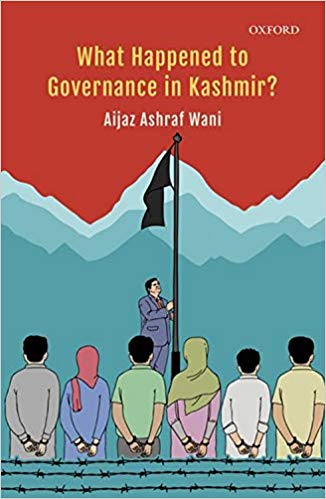The Kashmir conflict, since the beginning, has posed many challenges to the Indian state and the narrative it propounds. Even though experts and academics have often tried to focus on the security dimension of the conflict, the failure to link governance with conflict has not received much attention. It is taken as a given that governance will take a lead once the security dimensions are resolved. Security gets prominence over governance then.
There is no denying that Jammu and Kashmir, as a federal unit of the Indian state, suffers from lack of good governance.The author delves into the question whether there is a link between the mis/rule in Jammu and Kashmir (J&K) by the Indian state and aggravation in conflict. The book under review grapples with this question and argues that governance was used by the Indian state to suppress rather than accommodate the rising tide of dissent in J&K. Not only governance but ideological, cultural, social, legal and other resources were used by the Indian state to resist/create social consent (p. 3).
Wani argues that the factors that ail the governance system in J&K are not only internal but also external. The primary internal factors are conflict amongst the three regions of J&K, and externally ‘colonialism’ and ‘nationalism’ took precedence (p. 2) .

